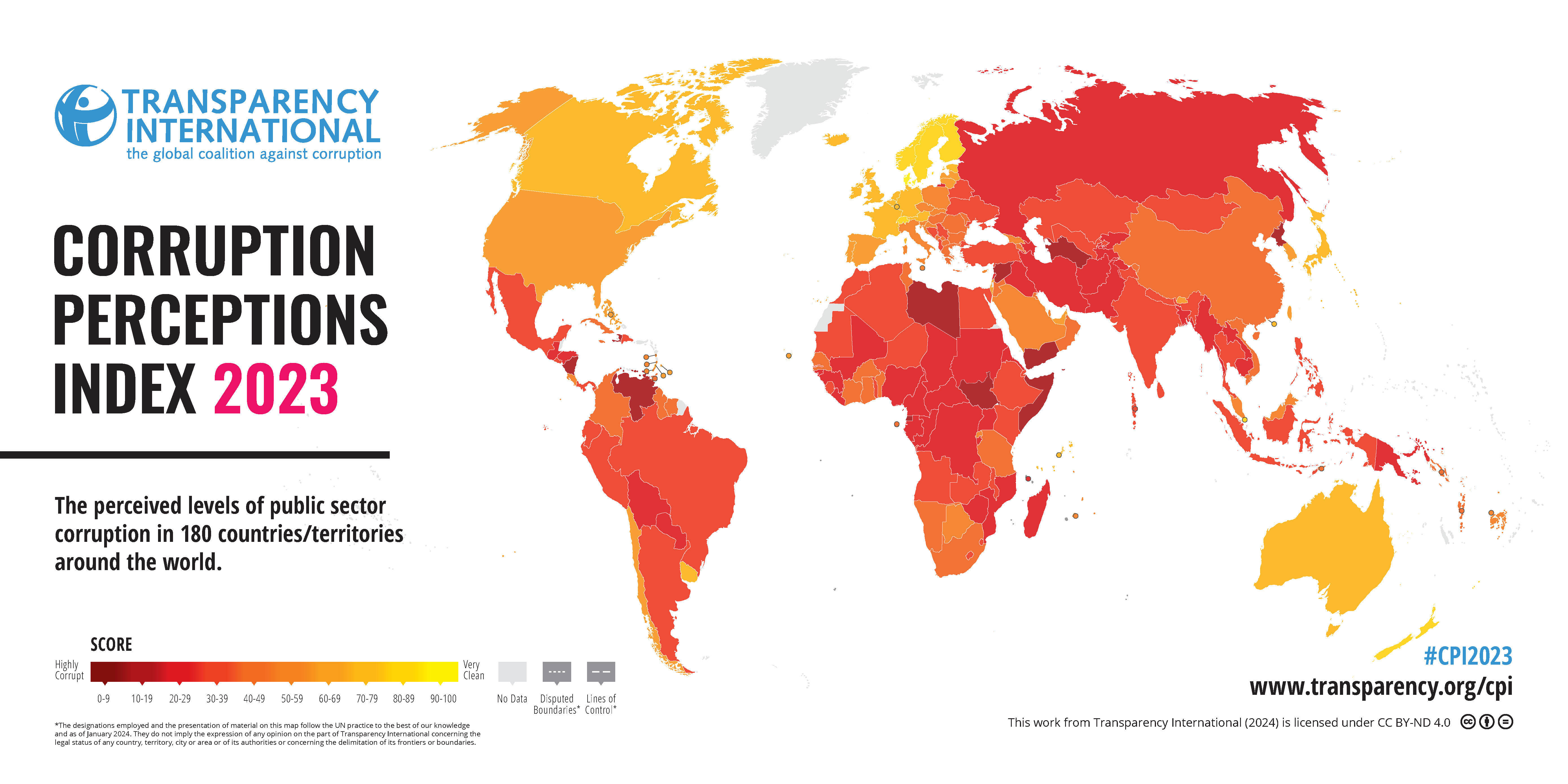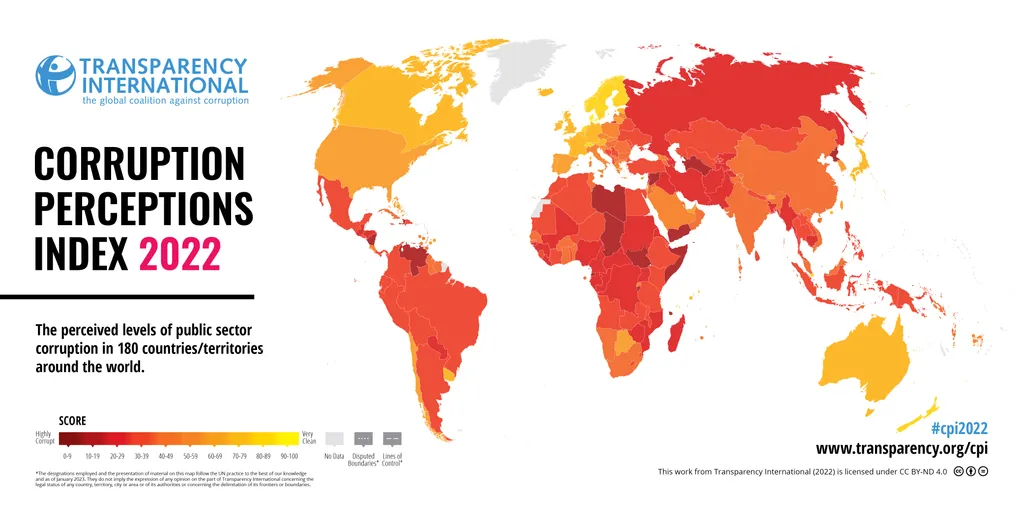The Foreign Corrupt Practices Act (FCPA) 2023/2024
In 2022, many professionals anticipated an increase in FCPA enforcement actions in 2023.
According to the Stanford Foreign Corrupt Practices Act Clearinghouse (Stanford Law School), 2023 enforcement activity remained well below the ten-year average. But 2023 marks the first increase in the number of disclosed investigations after two years of declines. While the government filed fewer actions last year, the number of FCPA Matters increased. The numbers indicate that collectively the SEC and DOJ prosecuted more unique bribery schemes in 2023 than in each of the prior two years.
Tips for 2024
- Perform detailed risk assessments of your business;
- Review your company’s contracts with foreign companies and individuals;
- Review your FCPA program (or design a new one, as comprehensive as possible);
- Carry out due diligence and assess risks;
- Monitor/assess your operations and FCPA compliance.
Contact us for more information.
******************************************************************************************************************************************
The Foreign Corrupt Practices Act: An Overview The Foreign Corrupt Practices Act of 1977, as amended, 15 U.S.C. §§ 78dd-1, et seq. (“FCPA”), was enacted for the purpose of making it unlawful for certain classes of persons and entities to make payments to foreign government officials to assist in obtaining or retaining business. Specifically, the anti-bribery provisions of the FCPA prohibit the willful use of the mails or any means of instrumentality of interstate commerce corruptly in furtherance of any offer, payment, promise to pay, or authorization of the payment of money or anything of value to any person, while knowing that all or a portion of such money or thing of value will be offered, given or promised, directly or indirectly, to a foreign official to influence the foreign official in his or her official capacity, induce the foreign official to do or omit to do an act in violation of his or her lawful duty, or to secure any improper advantage in order to assist in obtaining or retaining business for or with, or directing business to, any person.
Since 1977, the anti-bribery provisions of the FCPA have applied to all U.S. persons and certain foreign issuers of securities. With the enactment of certain amendments in 1998, the anti-bribery provisions of the FCPA now also apply to foreign firms and persons who cause, directly or through agents, an act in furtherance of such a corrupt payment to take place within the territory of the United States.
The FCPA also requires companies whose securities are listed in the United States to meet its accounting provisions. See 15 U.S.C. § 78m. These accounting provisions, which were designed to operate in tandem with the anti-bribery provisions of the FCPA, require corporations covered by the provisions to (a) make and keep books and records that accurately and fairly reflect the transactions of the corporation and (b) devise and maintain an adequate system of internal accounting controls. For particular FCPA compliance questions relating to specific conduct, you should seek the advice of counsel as well as consider using the DoJ’s FCPA Opinion Procedure.


Source: Transparency International’s 2022 and 2023 Corruption Perceptions Index